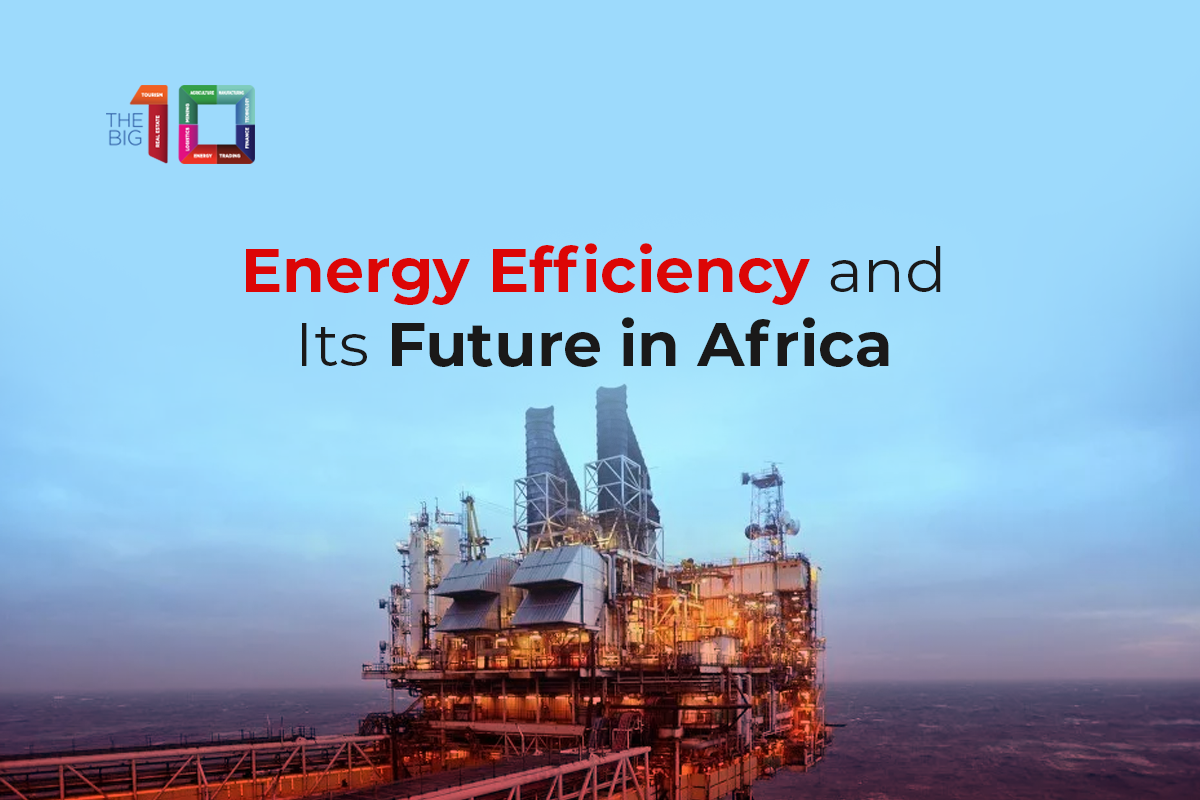Energy is the core of every business, without which businesses are doomed to fail. You need energy for the power to operate your business in any industry. However efficient energy is the more sustainable form of energy because it eliminates energy waste.
Energy efficiency is eliminating energy waste. That is leveraging less energy to perform the same tasks as when you are using more. Efficient energy reduces greenhouse gas emissions, the use of fossil fuels and the demand for energy imports. It is also very affordable.
According to a report by the International Energy Agency (IEA), Africa’s current policy and investment plans are not enough to meet its rapidly growing population. The report also reveals that there is an electricity deficit in Africa, as about 600 million people in the continent lack access to electricity.
The continents city population is expected to expand by 600 million within the next two decades. This simply means that energy demand in African cities will surge within this period and its energy sector is expected to be robust enough to accommodate these demands. The surge is estimated at 60% which is about 1,320 million tonnes of oil equivalent. These estimations simply prove that its time Africa maximizes its renewable sources because it is heavily dependent on fossil fuels. This is where energy efficiency comes in.
The deployment of efficient appliances and equipment can help Africa to attain swift and affordable universal energy access. Energy efficiency is one of the cheapest ways to reduce heavy capital investments in new power supply, grid increment, service reliability and access to electricity expansion in Africa.
Results have proven over time that energy efficiency is the best way for Africa to thread. Considering that Ghana tackled power blackout in 2000 by establishing Africa’s first appliance energy efficiency standards labeling program. The program oversees Compact Fluorescent Lamps, household refrigerators, and air conditioners. To date, only gadgets that meet minimum energy efficiency standards are allowed in the Ghanaian market. This policy has helped save Ghanaians $64 million under air conditions alone. This policy shut Ghana’s electrification rate to 72% in 2014 and 84% in 2019. If Ghana can achieve this, how much more when it’s the whole of Africa?
NASA has revealed that Africa, despite its insufficient power, can become influential in shaping global energy trends within the next two decades. The report stressed that the content can boost its economy through modern energy sources and efficient policies.
Other African countries just like Ghana can adopt a policy that will promote energy efficiency. Africa can make its energy efficiency cut across all energy sources; fossil fuels, wind, solar, hydropower, natural gas, etc. Africa can tilt towards solar PV to promote energy efficiency while at it and make it its largest source of electricity between now and 2040.
Dr. Fatih Birol, the executive director of IEA revealed that Africa has the richest solar resources on the planet. However, only 5Gw of solar PV has been installed so far, which is 1% of the global capacity.
Africans can leverage the resources around it to build sustainable efficient energy.
Written by:
MarvisClara Kamalu


